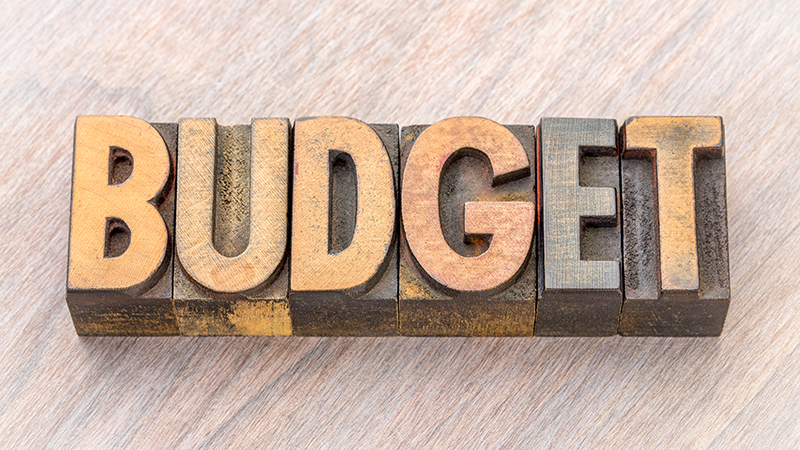Eww. Just the word “budget” makes us cringe. It sounds so restrictive – like a strait jacket. “Bye-bye, Fun. See you later, spontaneity!” I totally get it, I used to feel the same way. But allow me to offer a different perspective. For the next few minutes, clear your mind of your pre-conceived ideas about budgeting.
I have spoken to a lot of normal people who are fed up with having too much month left at the end of the money. Payday comes and within a couple days they feel broke again – counting down the days until the next payday. Can you relate? That’s no way to live!
What if your finances could be less stressful?
What would it be like if you and your spouse were working together towards your goals and priorities?
What if you could give yourself a raise?
When you make a written plan for your money, it is… YOURS. You get to decide what your priorities are. Tell your money where to go, so you don’t have to wonder where it went! The simple truth is, managed money goes further! If you will be intentional about your spending, you can literally feel like you got a pay raise!
I’m sensing that you’re still picturing that strait jacket... Ok, let me challenge your thinking. You make the budget and decide what goes in it, right? You and your spouse agree on it at the beginning of the month. Then your budget is like permission to spend money. You don’t have to feel guilty when it comes down to making the purchase – it’s in the plan! The money is there, because you’ve already balanced the budget and decided that this expense is a priority.
A budget also gives you increased visibility into your spending. You may find areas you could cut back on or even eliminate altogether. Like that subscription/membership you’re still paying for that you haven’t used in months.
Here’s a few tips on getting started:
- Download our budget tool here.
- Start with your estimated take home pay from all income sources.
- List your expenses, beginning with the necessities – Food, Housing, Utilities and Transportation. Be sure to give every dollar of your income an assignment, or it will disappear. Don’t forget to ear-mark a little fun money!
- Try to be as thorough as possible. Your budget will look a little bit different every month. Look at your calendar – whose birthday is coming up that you’ll want to buy a gift for? What events take place this month that you need to plan for?
- Be flexible! It is nearly impossible to plan for every little thing that could pop up throughout the month. Plan to go back to your budget at least weekly to make adjustments as you get more familiar with the process. Just remember that your income minus expenses still needs to equal zero. If you add to one category, find somewhere else you can cut back or postpone an expense.
- Stick to it! If I say I’m going to lose ten pounds and even write up a fitness plan, but then all I do is sit on the couch, I’m not going to change my current state of health. The same goes for your financial fitness. Look forward to your financial goals and stay focused!
Fill out this form to get access to our free budgeting tool!
 Angie currently serves as an Accounting Specialist at The Bank of Tioga with a total of 18 years of banking experience. She recently earned her Financial Coach certification and is passionate about helping people discover the freedom of debt-free living and reaching their dreams. To contact Angie, call her at 712.487.0461 or email her at angie.sutton@tsbg.com.
Angie currently serves as an Accounting Specialist at The Bank of Tioga with a total of 18 years of banking experience. She recently earned her Financial Coach certification and is passionate about helping people discover the freedom of debt-free living and reaching their dreams. To contact Angie, call her at 712.487.0461 or email her at angie.sutton@tsbg.com.


